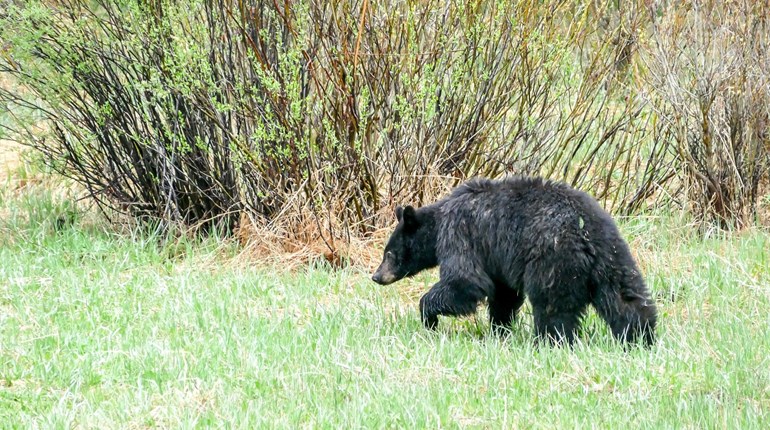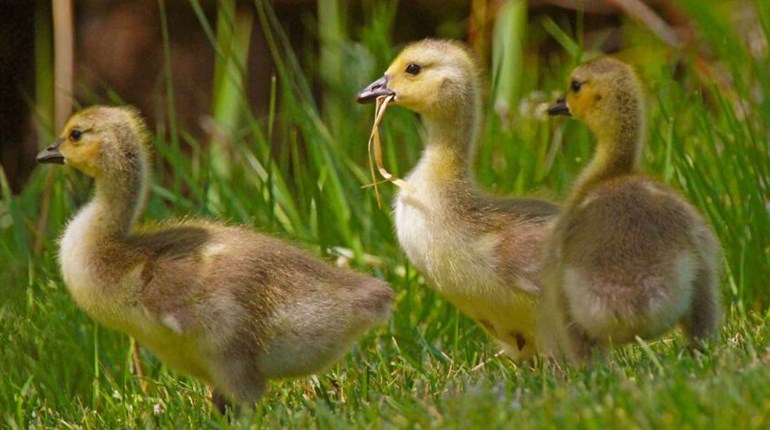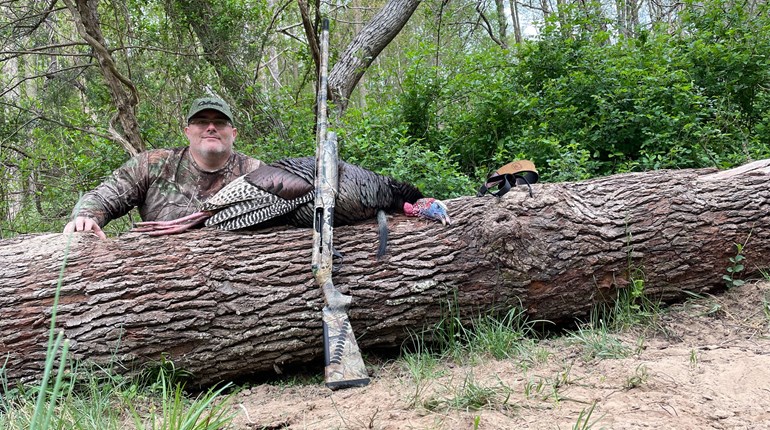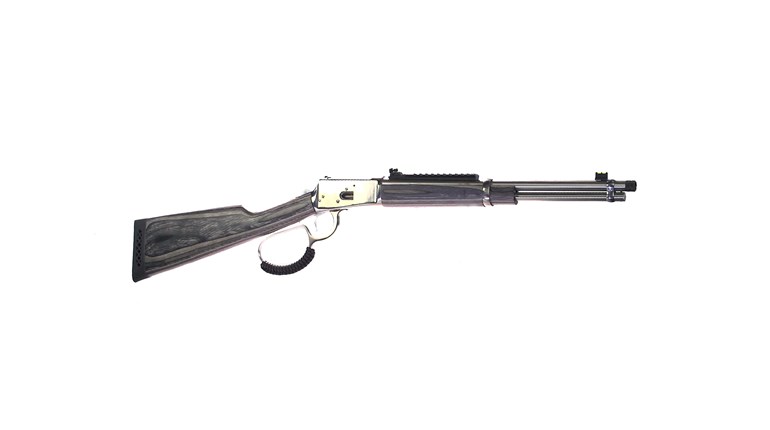
There are currently 37 states with known black bear populations, and by this time of year, they're done hibernating and are out perambulating. Although plants and insects make up 90% of a black bear’s diet under "ideal' circumstances, black bears are just like people in that they'd prefer an easier, tastier meal. These animals have an amazing sense of smell and prefer the same type of food that we do--if it’s easily accessible. Many of the conflicts between people and bears happen because the bears start scavenging for the food that humans are eating and cooking while camping--which often takes place in the bear’s natural habitat.
“Even though they’re incredibly strong and surprisingly fast, black bears will typically do everything they can to avoid people,” Utah Division of Wildlife Resources (DWR) Game Mammals Coordinator Darren DeBloois said. “When a bear finds food, though, that all changes. A bear will often become aggressive toward anything or anyone it perceives as threatening the area where it found the food.”
1. Bear-proof your food and supplies
Store your food, snacks and scented items (such as deodorant and toothpaste) in an area where a bear can’t get to them. Do not leave them out on tables or keep them in your tent. Storing them in a locked trailer or locking them in the trunk of your car are both good options. Storing food and scented items in these areas will reduce the chance that a bear smells them. And, if a bear does make its way to the area where you’re staying, if it isn’t rewarded with food, it will likely move on.
2. Keep your cooking area clean
After you’ve finished eating, thoroughly clean utensils and anything else that was used to prepare or eat the food. Don’t dump oil or grease from pots or pans onto the ground. Instead, put the oil or grease in a container, and take it home with you. By keeping your campsite’s cooking and eating areas clean, you reduce the chance that a bear will smell food and trash, and be lured to your camp.
3. Keep your campsite clean
Don’t leave food scraps and other trash scattered around your campsite or cabin area. Instead, put it in trash bags, and take it home with you. Make sure to wipe down picnic tables and keep the area free of food and other debris. Always keep your campsite or cabin area clean because a dirty campsite can attract bears long after you’ve left.
“If a bear visits the area after you leave and then someone comes into that area to camp, you’ve created a potentially dangerous situation,” DeBloois said.
4. Never feed a bear
This may seem like common sense, but it’s worth noting. Although bear cubs may seem cute, you should absolutely never feed one — or an adult bear for that matter. They are wild animals and natural predators.
Once a bear loses its fear of people, wildlife biologists and conservation officers are left with something they dread — having to euthanize an animal to keep the public safe. By not providing a bear with food, you can help keep it safe too.
“We got into the wildlife profession because we love wildlife,” DeBloois said. “We enjoy managing and protecting animals so Utahns can get outdoors and enjoy them. Having to euthanize an animal — because someone didn’t do something as simple as keeping their campsite clean and storing food in a secure area — is tough. Please don’t put us in that situation.”
5. Bear-proof your outdoor garbage cans
Many bear reports that the DWR receives each year involve bears getting into trash cans or dumpsters in neighborhoods and at cabins. Make sure to store your trash in a secure location or bear-proof container. If you don’t have access to a bear-safe garbage can or dumpster, make sure to store your garbage can in your garage and put it out for pick up in the morning, rather than the night before. Also, make sure to clean your trash container regularly to eliminate some of the odors that attract bears.
6. Remove items that will attract a bear to your house
It is important to properly secure or clean anything in your yard that may attract a bear. Some of these include:
- Birdfeeders (both seed and hummingbird)
- Fruit trees
- Compost piles
- Beehives
- Pet food and water bowls
- Unsupervised outdoor pets (especially at night)
- Barbecue grills
Know what to do if you encounter a bear
- Stand your ground: Never back up, lie down or play dead. Stay calm and give the bear a chance to leave. Prepare to use your bear spray or another deterrent.
- Don't run away or climb a tree. Black bears are excellent climbers and can run up to 35 mph — you cannot outclimb or outrun them.
- Know bear behavior. If a bear stands up, grunts, moans or makes other sounds, it's not being aggressive. These are the ways a bear gets a better look or smell and expresses its interest.
- If a black bear attacks, always fight back. And never give up! People have successfully defended themselves with almost anything: rocks, sticks, backpacks, water bottles and even their hands and feet.




































